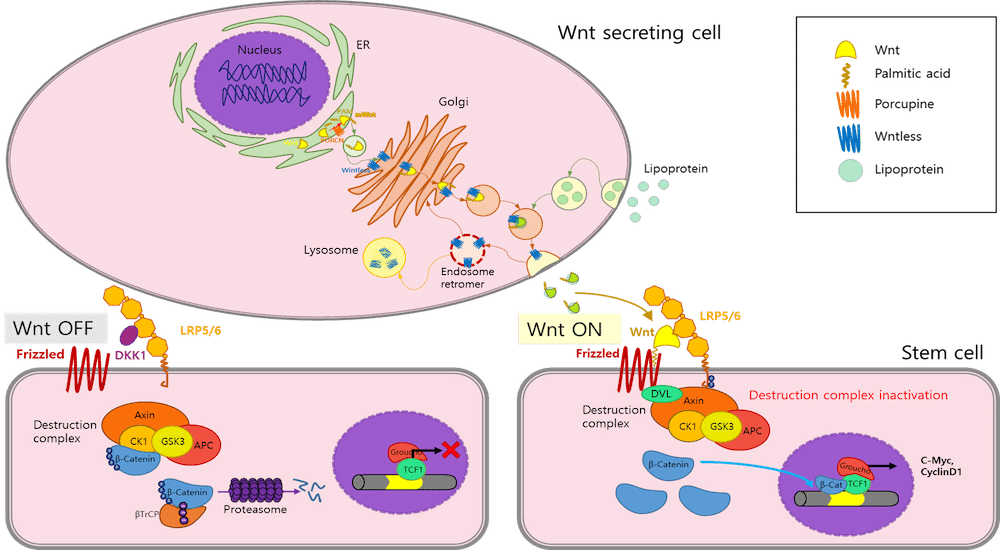Predict potential gains from cochlear implantation
Machine learning
One of the difficulties in opting for cochlear implantation is the timing of the surgery to ensure the best language outcomes. An algorithm may be the answer, say researchers.
There is now a considerable body of evidence showing the benefit of cochlear implantation in hearing-impaired children on learning and communication abilities. Choosing the optimal age for the surgery, and knowing which children will truly benefit, has however remained a challenge in this area.
The Huffington Post recently reported on the approach taken by researchers from the Cincinnati Children’s Hospital and the University of Cincinnati, Ohio. Lirong Tan and colleagues tested a statistical technique called “machine learning” to predict which children will gain the best language skills within two years of cochlear implantation. The method involves the development of an algorithm that “learns” how the brain is activated in certain situations in children with normal hearing, on the basis of functional magnetic resonance imaging (fMRI) scans. This then provides a map of brain functions.
Single brain scans from children who are candidates for cochlear implants can then be compared with the map for speech processing, for instance. The aim is to identify hearing-impaired children who will benefit the most from cochlear implantation, since the research found that brain activation patterns in the hearing-impaired children before implantation were predictive of language performance two years after the surgery. The results will, however, need to be replicated and validated in order for the method to be used in clinical practice.
Source: The Huffington Post


